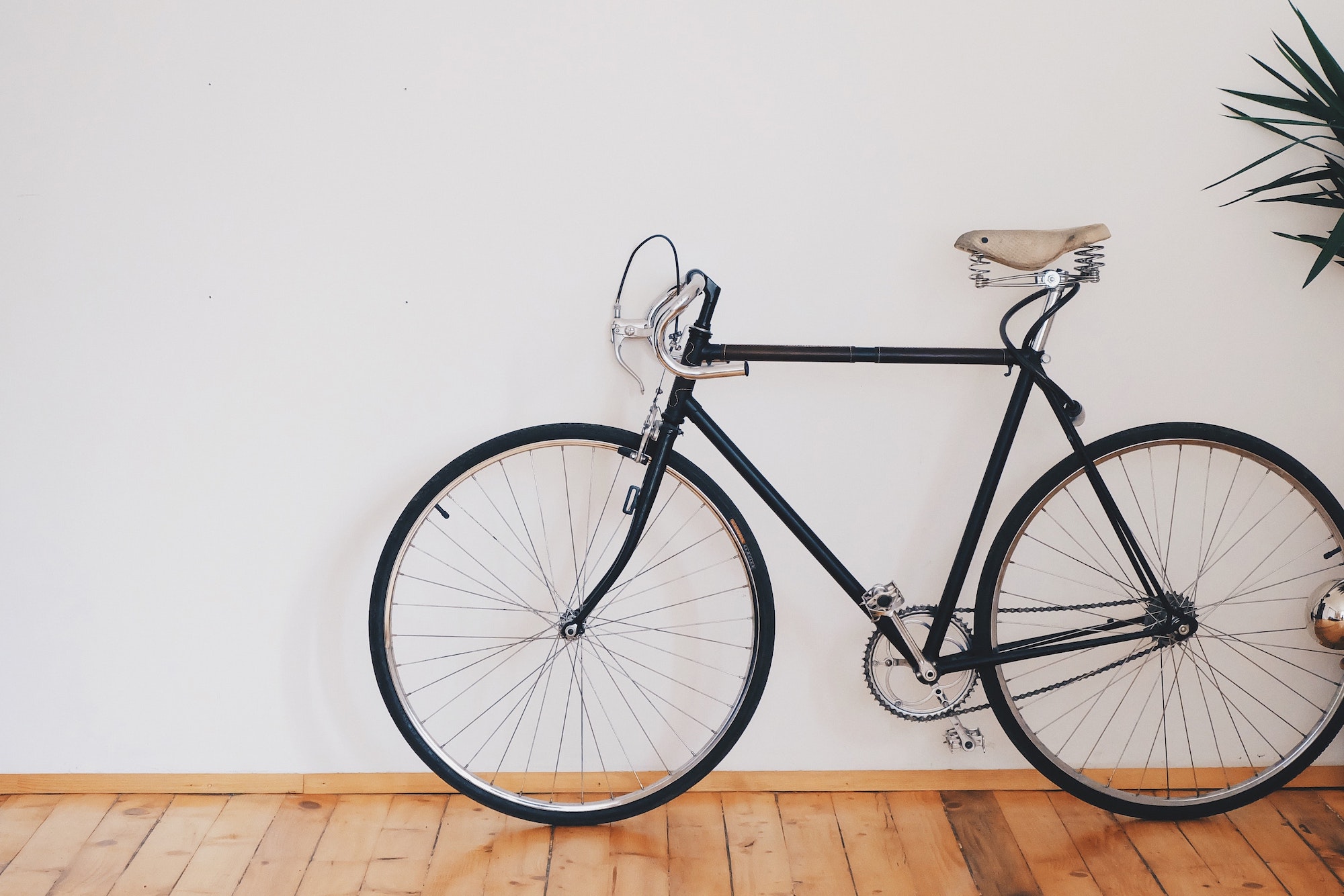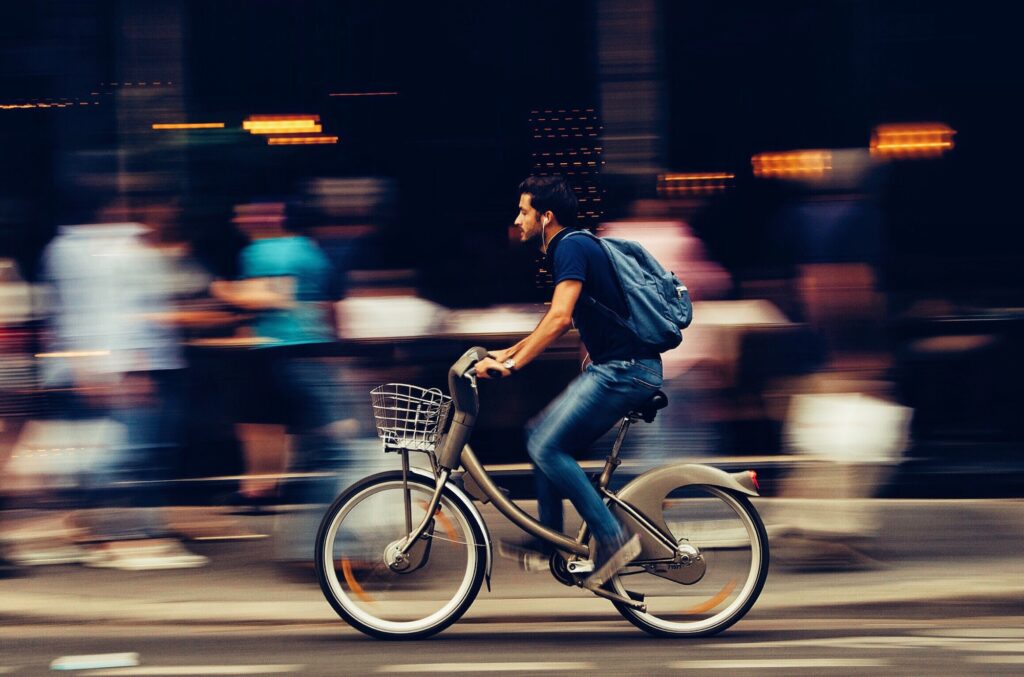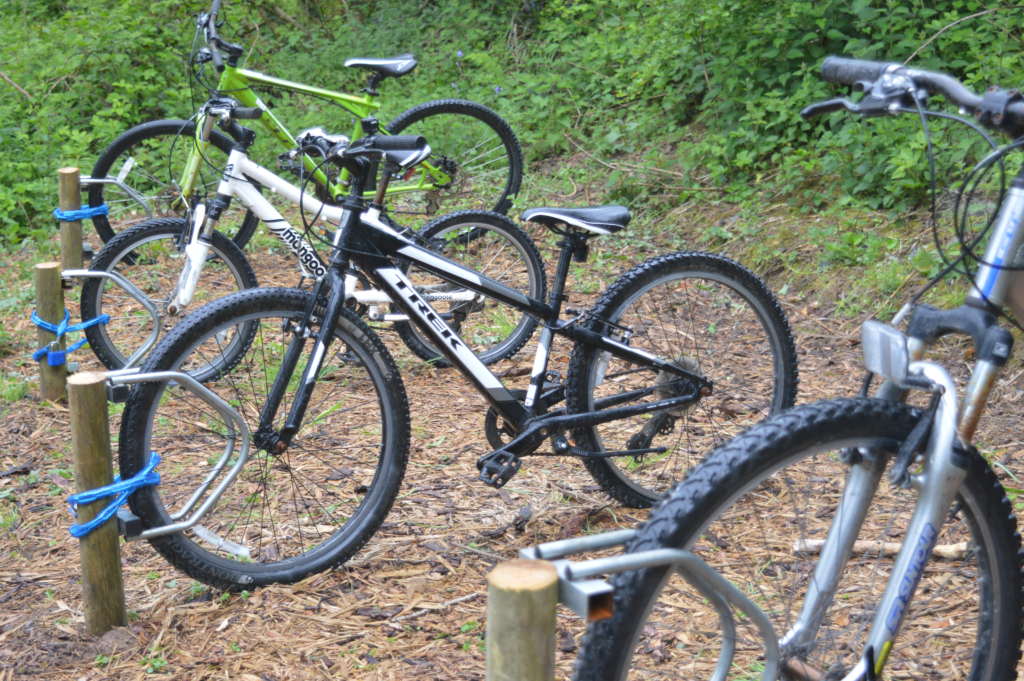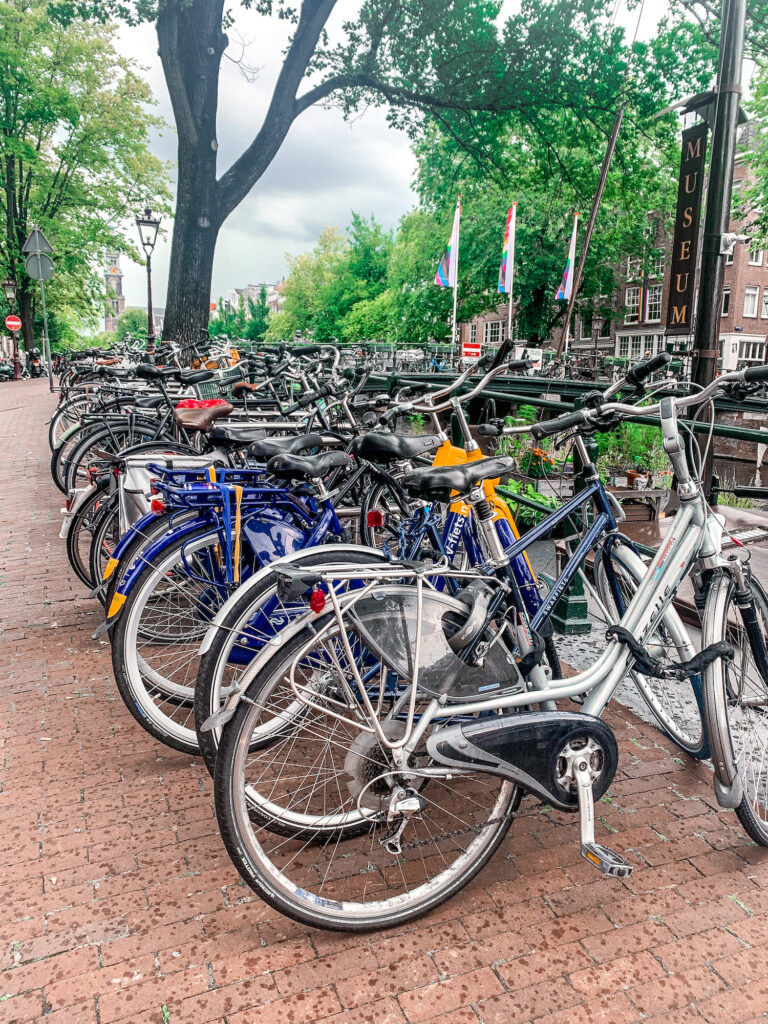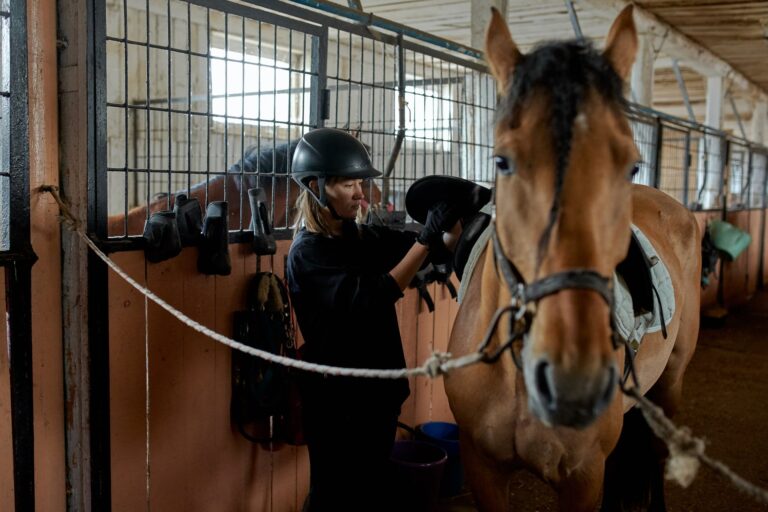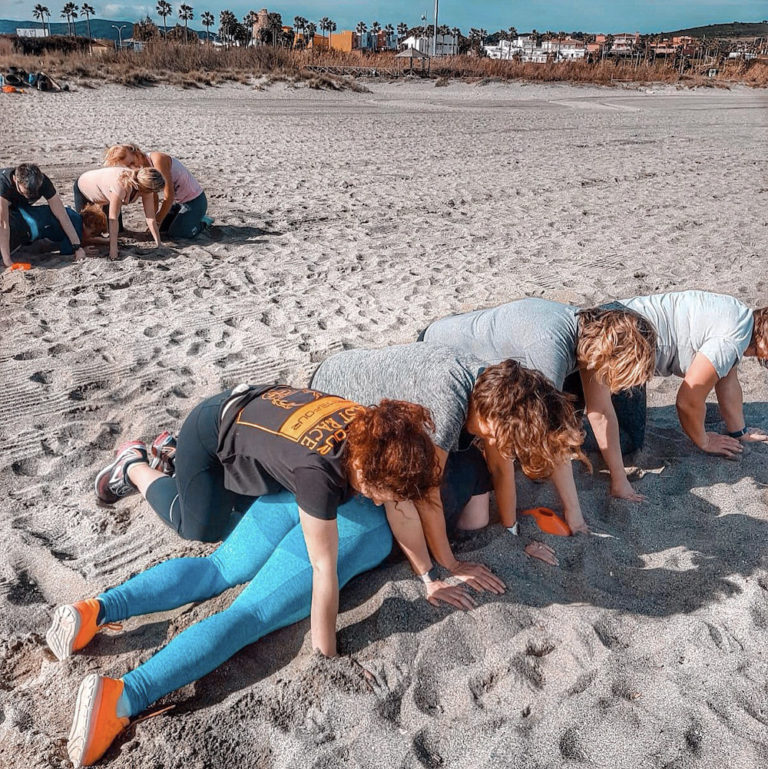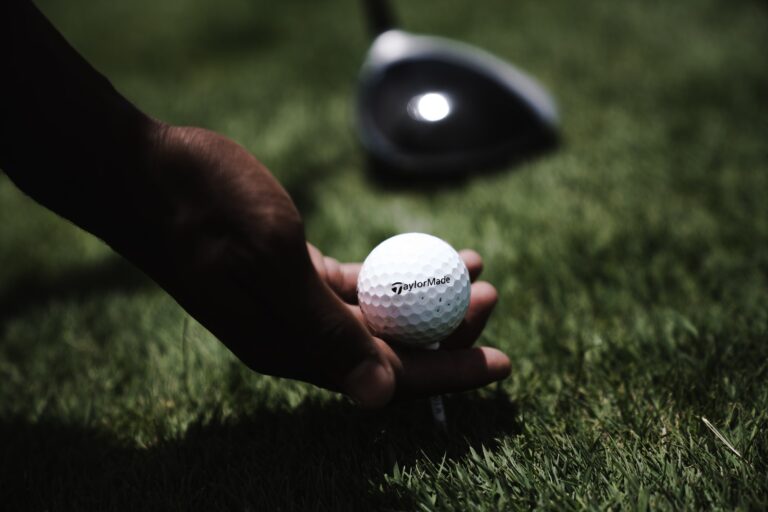6 Things To Know About The Cycling Helmet Policy
Personal injury laws present details about how victims can collect compensation for their injuries and what laws apply to specific case types. Accidents that involve bicyclists require attorneys to review laws that apply to cycling on roadways.
When starting a claim, it is vital to determine what laws relate to the specific accident case and how they can affect the outcome.
The state of Texas has few laws that apply to bicyclists and auto accidents. However, it is paramount to determine if certain laws apply in the jurisdiction where the accident happened. Some laws could allow comparative fault rulings to decrease the victim’s monetary award or dismiss the case altogether. For more safety tips for a cyclist like you, visit thehobbiesguide.com
6 Things To Know About The Cycling Helmet Policy
Where Are Cycling Helmets Required by Law?
Currently, there are only three cities in the state of Texas that require all bicyclists to wear helmets whenever they ride bicycles on roadways. These cities include Austin, Dallas, and Ft. Worth, and any bicyclists who are discovered riding without a helmet receive citations for a moving violation.
If a bicyclist becomes injured, the defence could use comparative fault rulings to assign a portion of the blame to the victim in these areas. Victims of bicycle accidents learn more about these laws by contacting a personal injury lawyer now.
Can Bicyclists Ride on the Sidewalk?
The state doesn’t have a current statute that applies to riding a bicycle on the sidewalk. This means that the state cannot charge the bicyclist with a moving violation, and neighbourhoods cannot file grievances for bicyclists riding on public sidewalks.
By riding on the sidewalks, the cyclists could remain off roadways and decrease the risk of an accident involving the cyclist. If a cyclist is injured when crossing roadways connected to the sidewalks, auto accident laws apply if the accident involved a motorized vehicle.
Do Bicyclists Get a Pass for Failing to Stop At Traffic Lights or Signs?
No, bicyclists must follow all the same traffic laws as motor vehicle drivers, and if they are caught violating traffic laws, they receive citations, too. If an accident happens, the cyclist faces the same penalties as a motor vehicle driver if they caused the accident.
All bicyclists must come to a complete stop at traffic lights and stop signs. When investigating an accident involving an automobile and a bicycle, law enforcement officers must determine if the cyclist violated the traffic laws. This determines who was at fault for the accident.
If the cyclist is deemed at-fault, they could become the defendant in a lawsuit to collect compensation for medical expenses and auto repair costs.
If a motor vehicle driver causes the accident, the bicyclist could file a lawsuit against them if the driver doesn’t file a claim through their auto insurance provider. The auto insurance must cover medical expenses related to the cyclist’s injuries and any expenses for repairing their bike.
If the bicyclist dies as a result of their injuries, the bicyclist’s family could file a claim against the at-fault driver for wrongful death.
Is It Illegal to Ride a Bicycle While Intoxicated?
No, the state of Texas cannot and will not prosecute a bicyclist for riding their bike while under the influence. All DUI laws apply to operating a motor vehicle only. If an accident happens because of a drunk bicyclist, the state cannot penalize them for riding their bike under the influence of alcohol or a controlled substance.
However, they can be charged with public intoxication and potentially disorderly conduct.
If the bicyclist is under the influence of controlled substances, drug laws could come into play in the criminal case against them, but the state cannot charge them with more excessive drug charges unless the person has drugs in their possession.
Are There Special Lanes Designed Specifically for Bicyclists?
No, not all cities in the state have bike lanes, and most cities do not issue citations for bicyclists if they are not using special lanes where they are not available. Most cities allow bicyclists to ride on the main highways and roadways, but they are advised to ride on the shoulder where available to avoid traffic congestion and potential auto accidents and collisions.
Motor vehicle riders are advised to yield the right of way to bicycle riders and proceed with caution to avoid accidents and injuries.
Are Bicycle Accidents Reported Like Auto Accidents?
Yes, whenever a bicyclist is injured by an auto driver, it is important to contact emergency assistance and law enforcement. The bicyclists do not have the same protection as a motor vehicle driver and are at a greater risk of serious injuries.
Once a collision happens, the bicyclist or the auto driver should report the accident and get medical help when needed. The auto driver needs an auto accident report to file a claim through their auto insurance provider if they are at fault.
If they do not file an insurance claim, the bicyclist can file a lawsuit if the driver was at-fault for the accident. They will need medical evidence that explains their injuries sustained in the accident, and they will need estimates for bike repairs.
It is also urgent to get eyewitness testimony of the accident to support their case. If the auto driver left the scene of the accident, they could be charged with fleeing the scene of an accident and face criminal charges.
Personal injury laws protect any parties that were injured by no fault of their own and give the victims a legal avenue to collect compensation for their injuries. The laws give them an opportunity to present evidence to the court that shows what injuries they sustained because of the accident and what costs they incurred.
Victims of traffic accidents present information about lost wages if they are unable to return to work. If the victim developed a disability because of their injuries, they need medical evidence to support these allegations. In some cases, a doctor could testify to explain how the injuries caused the disability. Personal injury laws help victims of auto accidents seek compensation for their economic losses.

